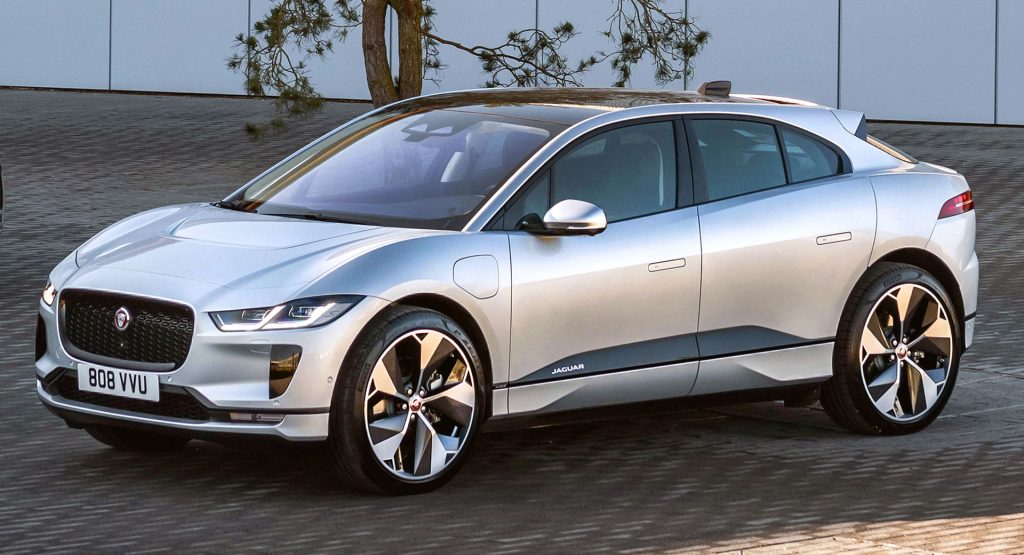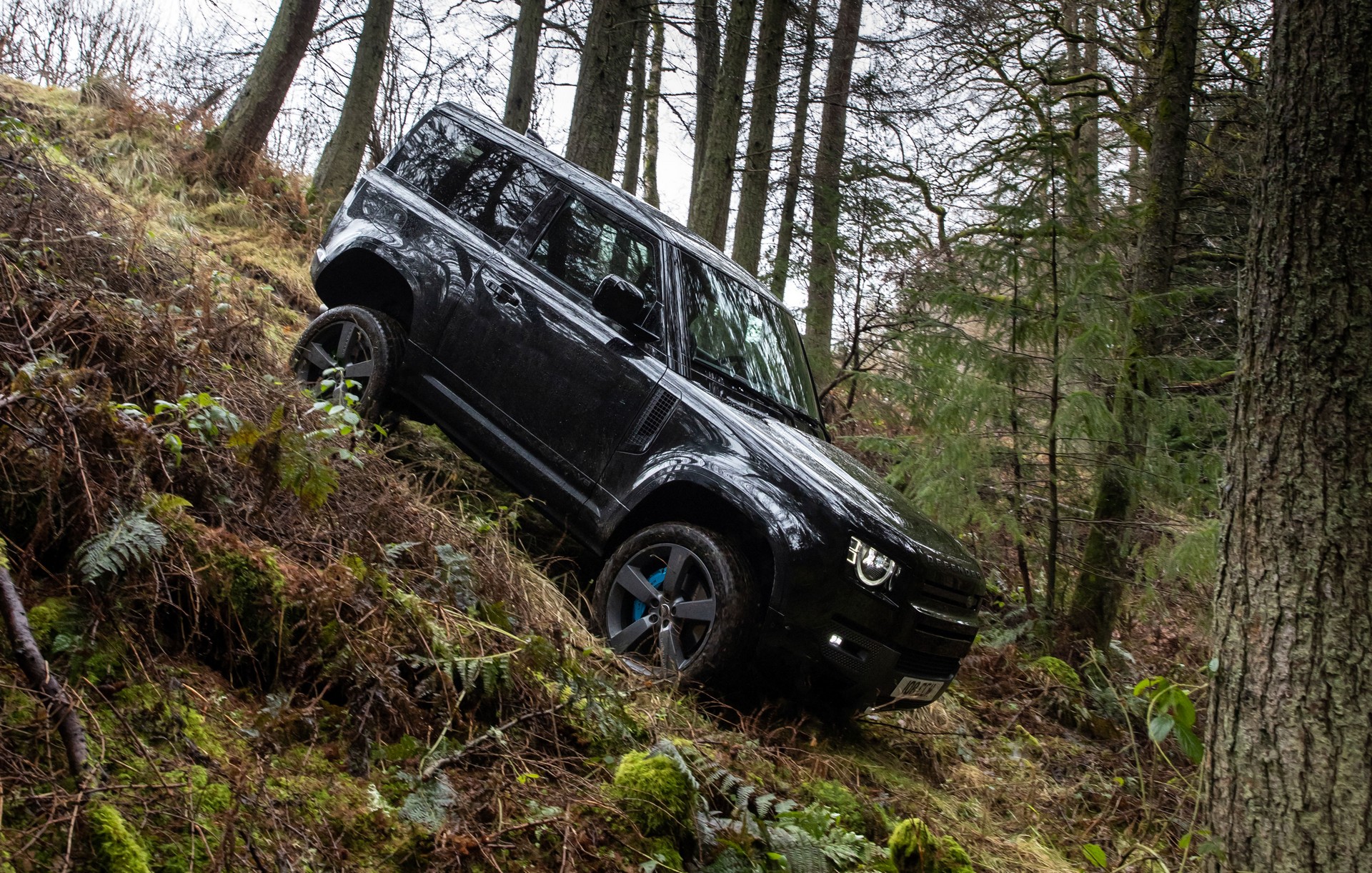Jaguar Land Rover has posted a significant loss for the third quarter due to lower sales caused by the global semiconductor shortage.
The British car manufacturer delivered 64,032 vehicles to dealerships between July and September, a 12.8 per cent decrease year-on-year. Retail sales also fell by 18.4 per cent to 92,710 vehicles. Nevertheless, JLR says demand for its products is strong as it has outstanding orders for more than 125,000 vehicles.
Jaguar Land Rover’s North American sales fell by 15.6 per cent while also dropping by 6.3 per cent in China, 17 per cent in Europe, and a staggering 47.6 per cent in the UK. Interestingly, retail sales were up by 10 per cent in the Overseas region. The automaker’s best-selling model was the Land Rover Defender with 16,725 examples finding new homes, 70.4 per cent more than the third quarter of 2020. JLR’s mix of electrified vehicles, consisting of BEVs, PHEVs, and MHEVs, also reached 66 per cent.
Read Also: 2022 Range Rover Could Get Hydrogen Fuel Cell Technology
The car manufacturer reported a revenue of £3.9 billion ($5.3 billion) and a pre-tax loss of £302 million ($412 million). It also ended the quarter with total cash and short-term investments of £3.8 billion ($5.19 billion) after the issuance of €500 million ($580 million) 7-year and $500 million 8-year bonds, boosting total liquidity to £5.9 billion ($8.06 billion), including a £2 billion ($2.7 billion) undrawn revolving credit facility.
“The global shortage of semiconductors continued to constrain our production, sales and financial performance in the second quarter but we’re encouraged to see the continuing strong demand for our products with order books at new record levels,” Jaguar Land Rover chief financial officer Adrian Mardell said. “We were pleased the cash outflow on these volumes came in significantly better than expected, reflecting the progress we are making to reduce the break-even point for the business through product mix optimization and cost controls.”





